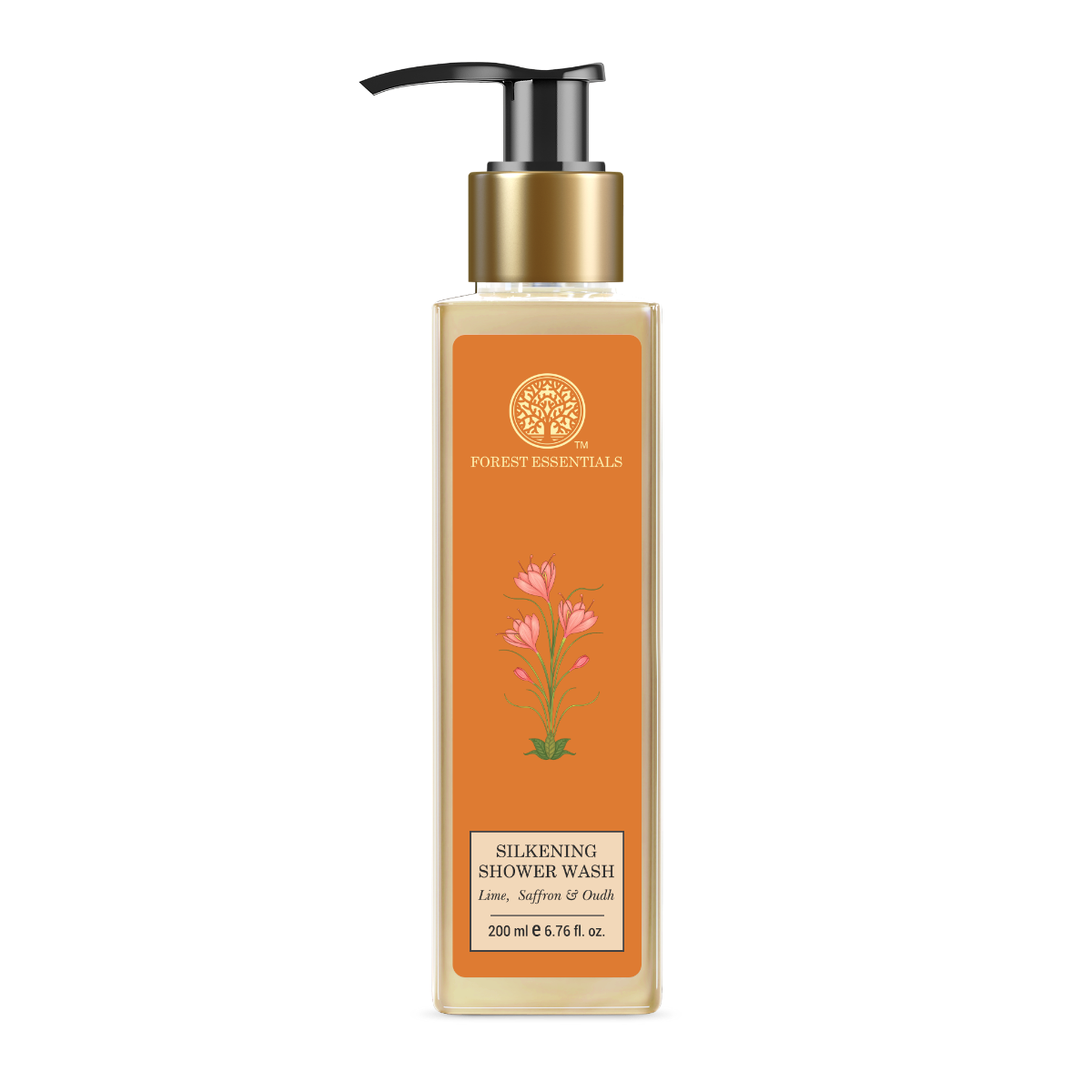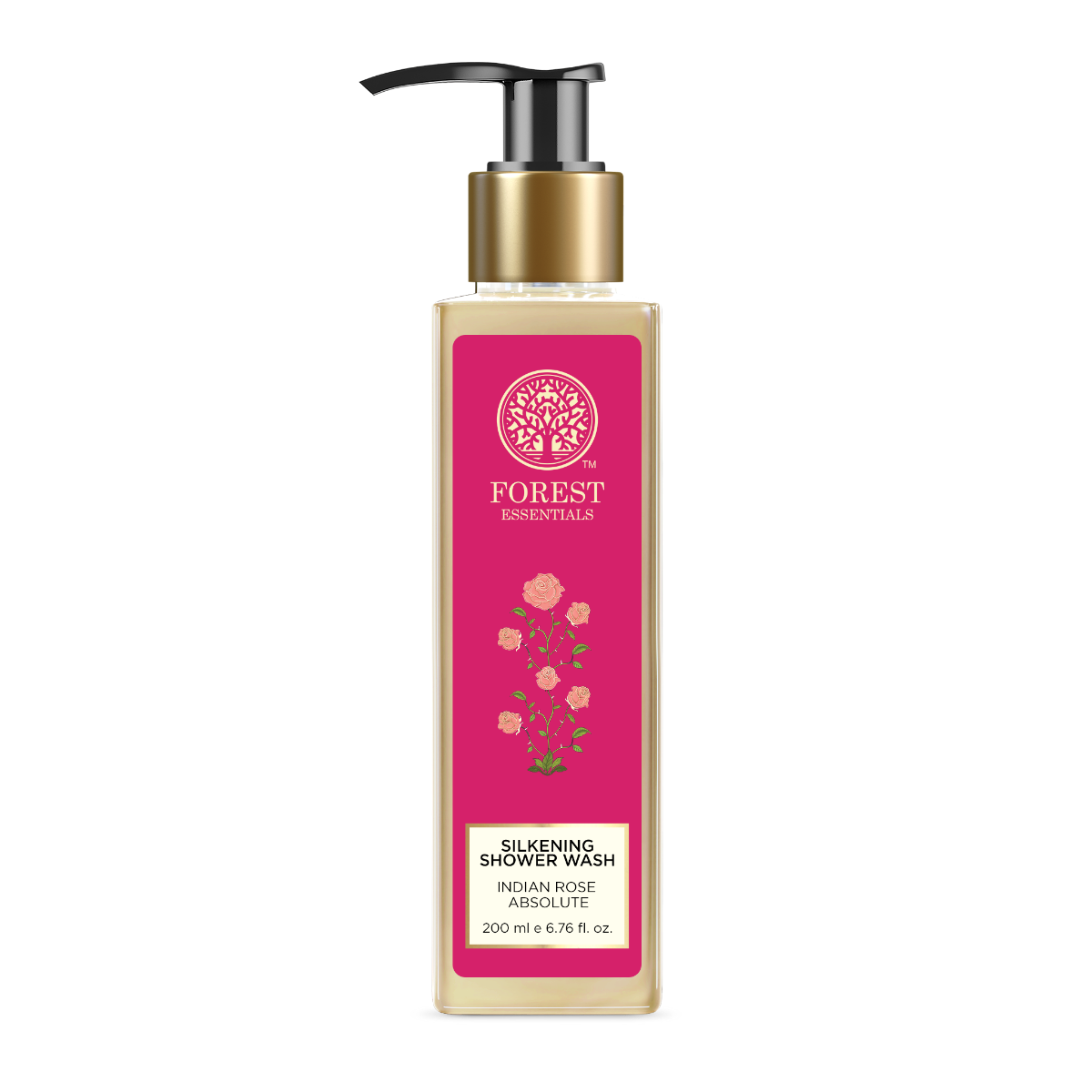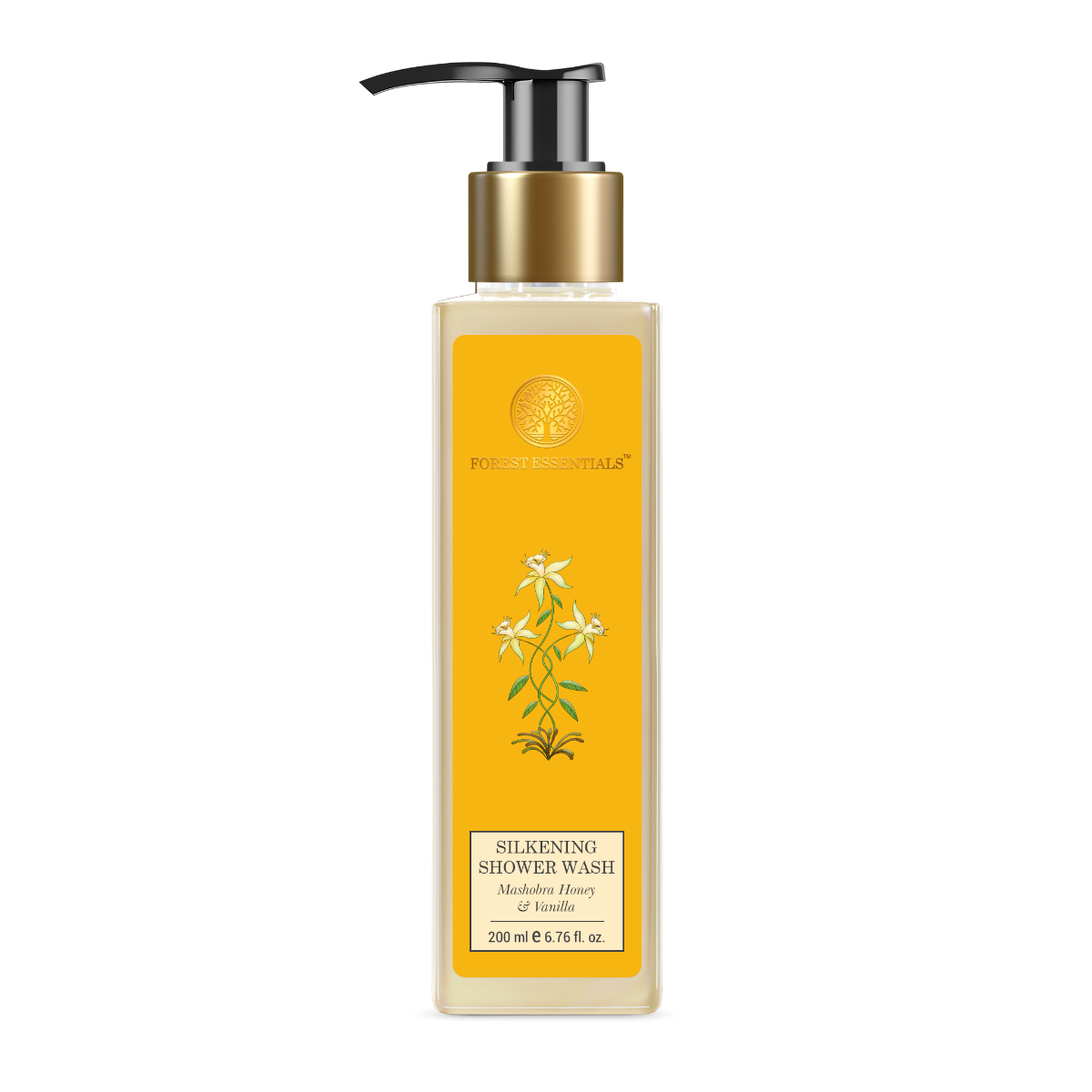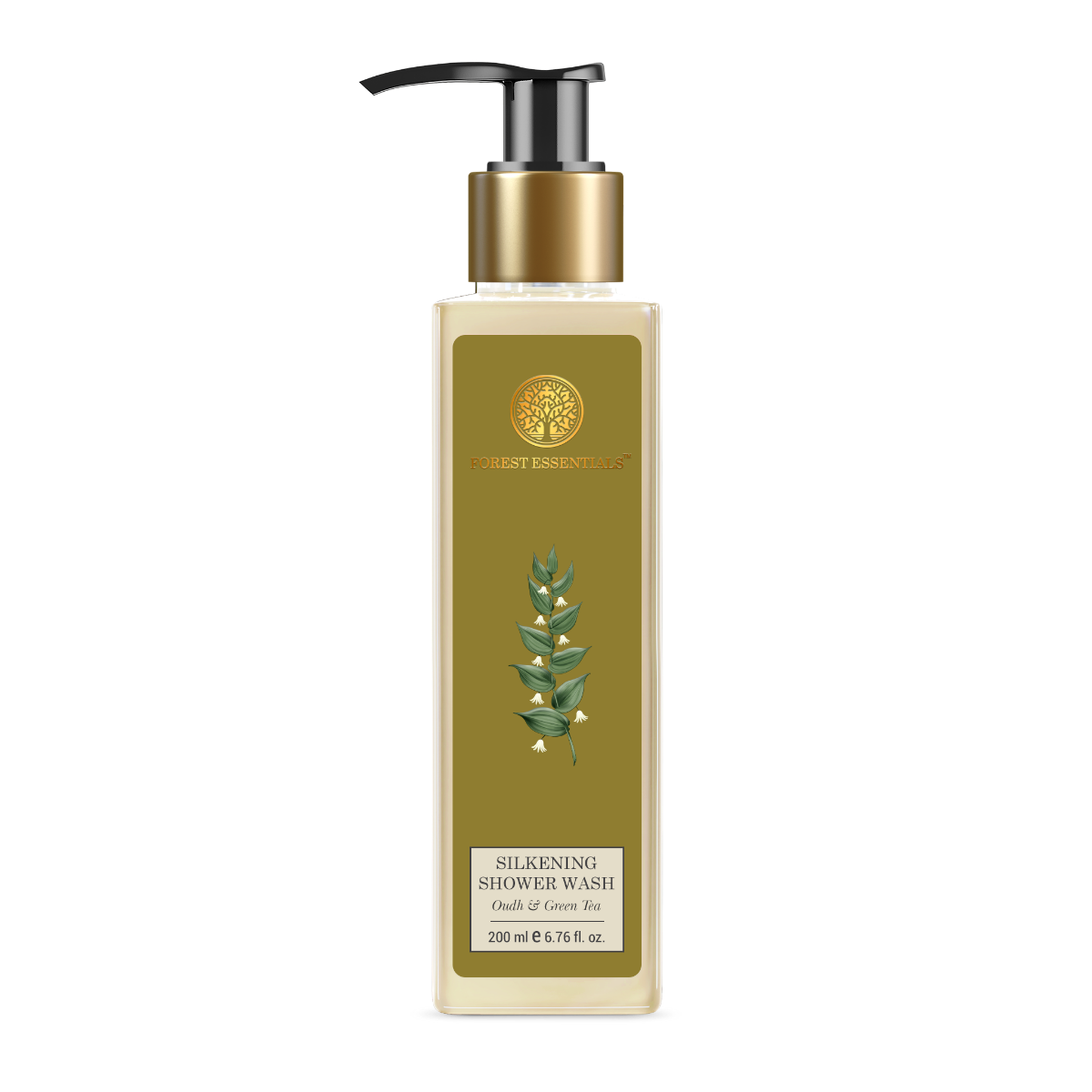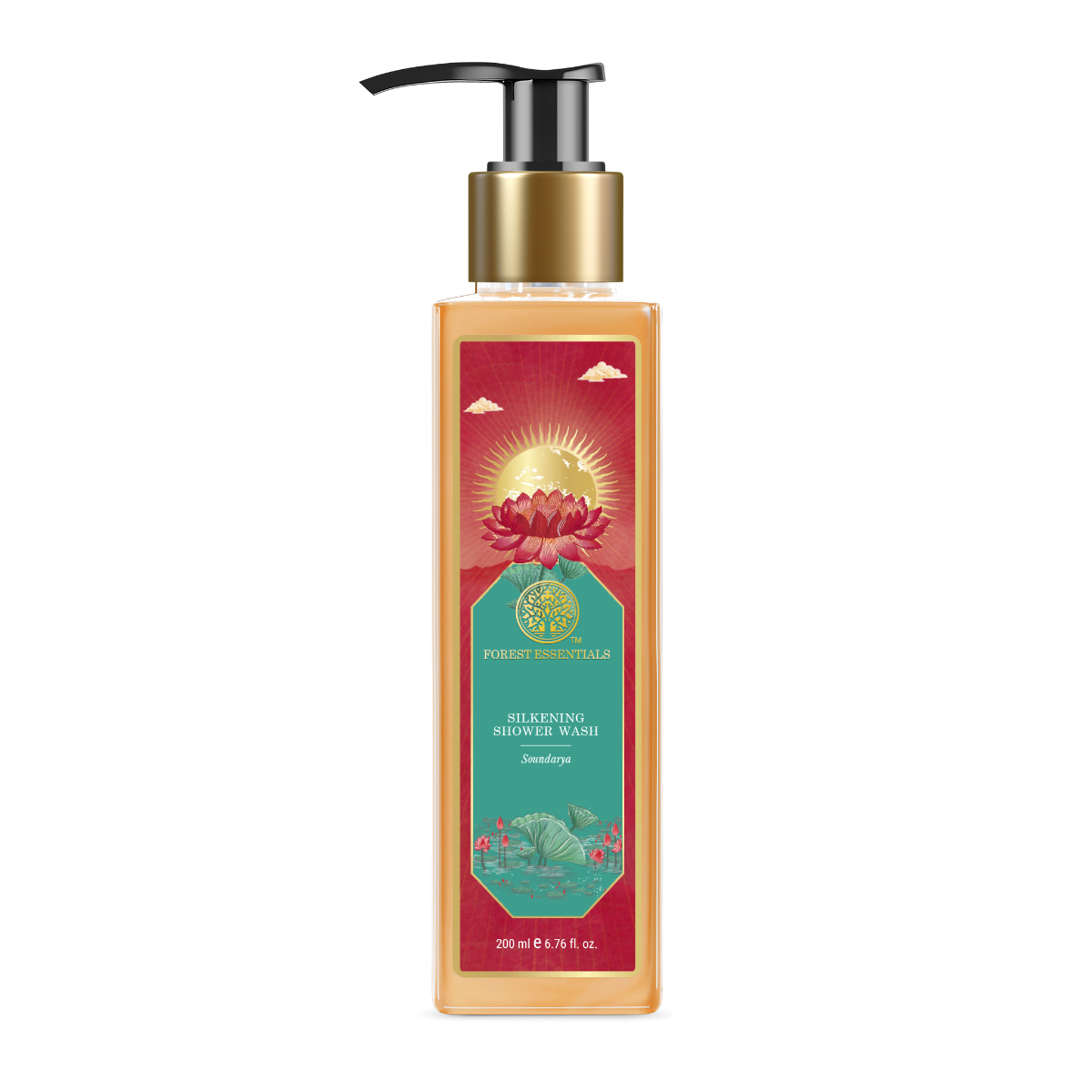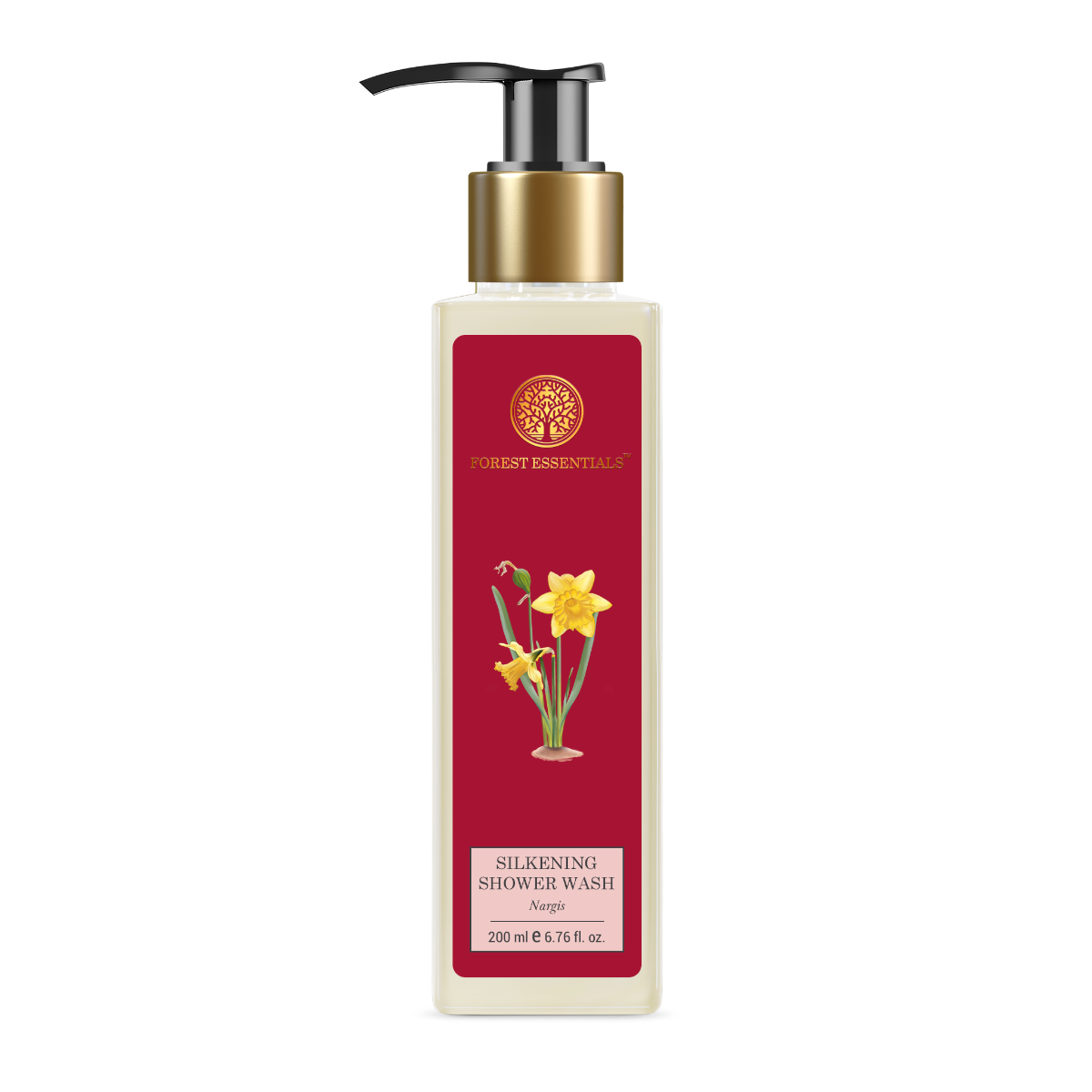Approximately every 28 days, your skin removes the dead cells that build up on the surface and replaces them with new, healthy skin cells. This process occurs naturally and is invisible to the naked eye, but it slows down as you age. The longer these dead cells sit on the skin’s surface, the more likely they are to clog and congest your pores. These clogged pores can then lead to acne and blackheads, creating the perfect environment for bacteria to thrive. This is where skin exfoliation becomes a necessary part of your skincare routine. You can slough off dead skin cells that accumulate on the surface over time, unclog pores, and encourage cellular turnover through exfoliation.
What is Skin Exfoliation?

Exfoliation involves removing dead skin cells from the outer layer of the skin. It usually occurs in two ways – physical and chemical. Through both of these methods, you can hasten the skin renewal process, getting rid of dead and dry cells, and revealing fresh and healthy skin underneath. Though the skin turnover process occurs naturally, it gradually starts to slow down after a certain age and could take 40-60 days, sometimes even more. This gives rise to skin problems such as dullness, breakouts, clogged pores, and uneven skin tone. Hence, face skin exfoliation is necessary to keep the skin smooth, radiant, and youthful.
Benefits of Exfoliation
Natural skin exfoliation can yield the following benefits for your skin:
1. Provides an even skin tone
Accumulated dead skin cells, dirt, and build-up can cause your skin to look dull. Exfoliation not only removes these but clears the gunk from deep within the pores, making your skin appear brighter and more radiant than before.
2. Helps minimise the appearance of fine lines
Exfoliation doesn’t remove fine lines and wrinkles but can help minimise their appearance by making your skin smooth.
3. Allows better absorption of skincare products
If the outermost layer of your skin is blocked by dead cells, no matter what skincare you apply, you will not be able to get the maximum benefits since it won’t penetrate to the deepest layers. Hence, with regular exfoliation, you’re ensuring you reap maximum benefits from your skincare products.
4. Unclogs the pores
Clogged pores are the ideal environment for bacteria to flourish, which becomes a major cause of acne. With exfoliation, you can ensure the pores are clear of dirt, debris, and dead skin cells.
5. Improves blood circulation
The motion with which you exfoliate your skin encourages blood flow and lymph drainage and flushes out toxins.
6. Reduces the appearance of dark spots
Exfoliation gets rid of layers of dead cells that build up over your skin and allows new skin cells to surface. This process can help reduce the appearance of dark spots and make your skin appear brighter and smoother than before.
7. Encourages cell turnover
Exfoliation boosts the process of cell turnover by eliminating the build-up of dead skin cells from the surface and allowing new and healthy skin cells to come up.
Types of Skin Exfoliation
Physical Exfoliation
Physical exfoliation involves removing dead skin cells, dirt, and other build-up on the skin’s surface using physical exfoliating agents like small beads, tiny sugar or salt crystals, or granules. The only thing to remember while using physical exfoliators is to be gentle and rub the skin lightly so that your barrier isn’t damaged and you do not end up irritating your skin. Exfoliating scrubs, loofahs, and brushes are some examples of physical exfoliators.
Chemical Exfoliation
Most chemical exfoliators, known as chemical peels, contain alpha hydroxy acids (AHAs) or beta hydroxy acids (BHAs) that help break down dead skin cells. AHAs and BHAs serve different skincare benefits. While the former helps lighten dark spots and dull skin and can fight wrinkles and fine lines, the latter works well for acne-prone skin. Both these chemicals are extremely light-sensitive, so it is always better to follow them up with a broad-spectrum sunscreen or apply them at night.
Physical vs. Chemical Exfoliation: A Comparison
| Physical Exfoliation | Chemical Exfoliation |
| This involves physically rubbing the skin with an exfoliating scrub, brush, or cloth. | Can be in the form of peels, cleansers, serums, or even toners. It is formulated to chemically dissolve the bond of dead skin cells. |
| Shows instant results as the skin feels brighter and smoother than before. | The result is not instant, but since it penetrates the deepest layers of the skin, it is longer-lasting. |
| It is suitable for all skin types but can be harsh on sensitive and acne-prone skin. | It is suitable for all skin types. Less intrusive chemicals are also available for extremely sensitive skin types. |
How to Exfoliate Safely?

No matter which exfoliating products you use, the most important thing to remember with physical exfoliants is to be extremely gentle. While using an exfoliating scrub, gently rub it into the skin using small circular motions. If you are using a brush, cloth, or loofah, ensure you make light strokes over your skin. Exfoliate for about 30 seconds and then rinse off with lukewarm water. Do not forget to moisturise your skin and apply SPF if you’re stepping out after exfoliation.
How Often Should You Exfoliate?

You must remember that exfoliation, be it physical or chemical, is a part of your weekly skincare regime and should not be done daily. How often you should exfoliate also depends on your skin type. Over-exfoliation can damage your skin barrier and lead to irritation and redness.
Which Physical Exfoliants to Avoid

You should not expose your skin to harsh exfoliants that can cause irritation and redness. Certain exfoliating scrubs contain coarse particles that can cause microtears in the skin, thereby damaging the skin’s barrier. Therefore, you must avoid harsh ingredients like crushed walnut shells and other fruit pits unless they are finely ground.
Which Physical Exfoliants to Use

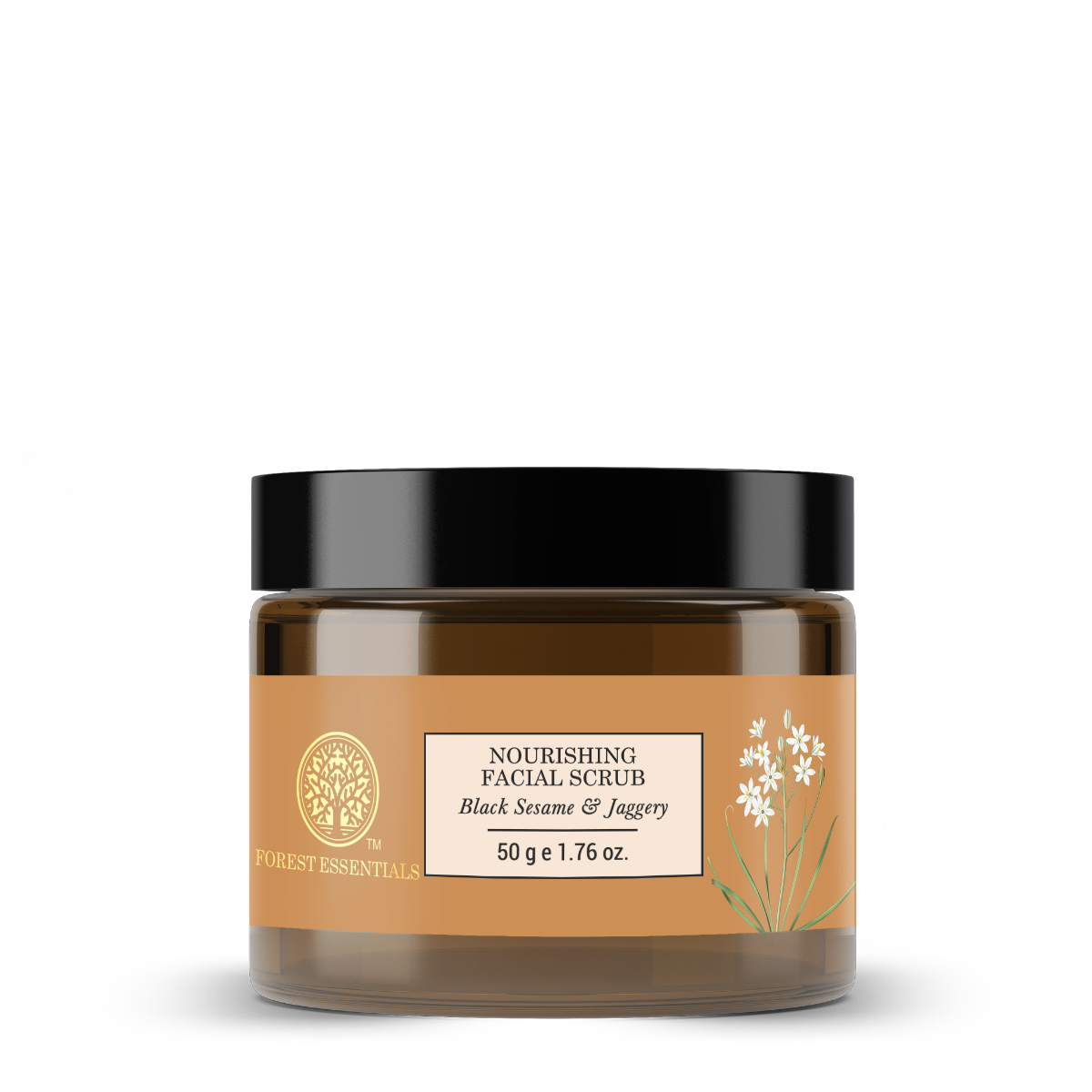
Forest Essentials’ Face and Body Scrubs delicately buff away dead skin cells from your skin without harming it in any way. Natural skin exfoliators like raw cane sugar and sea salts are used in the scrubs, which gently remove dead skin cells, leaving the skin soft and supple. Each ingredient added to these scrubs is carefully selected and infused as per ancient Ayurveda texts and is meant to deliver targeted benefits.
Conclusion
Natural skin exfoliation is a great way to keep your skin healthy and glowing at all times. However, the way you want to exfoliate depends on your ease, skin type, and concern. You can consult with your dermatologist to figure out the best way to exfoliate your skin and also decide the frequency of it. If you are looking for natural, Ayurvedic ingredient-infused scrubs that do not harm your skin but leave it extremely nourished, smooth, and supple, you can explore Forest Essentials’ Exfoliating Range.
References
https://www.ncbi.nlm.nih.gov/pmc/articles/PMC4720453
https://www.emotion-master.eu/2024/01/19/exfoliators-understanding-the-science-and-benefits/
https://www.aad.org/public/everyday-care/skin-care-secrets/routine/safely-exfoliate-at-home
FAQs
How do I exfoliate my skin at home?
Exfoliating your skin at home is simple with Forest Essential’s Face & Body Scrubs. Simply wet your skin, gently rub your preferred scrub over it, and wash it off with lukewarm water.
What is the best way to exfoliate your skin?
Every skin type is different hence to know which exfoliation would suit you the best you can consult a dermatologist. However, natural skin exfoliating products do not pose any harm to most skin types unless you have extremely sensitive skin or active acne.
Is exfoliating the skin good?
Yes, regular exfoliation is good for your skin. One of the main benefits is that it encourages the skin cell turnover process, swapping your dead skin cells with healthy and fresh ones so that your skin appears radiant and brighter than before.
What does it mean to exfoliate your skin?
Exfoliating your skin means removing the dead skin cells, dirt, buildup and oil that gets accumulated over the outer layer of the skin over a period of time.





